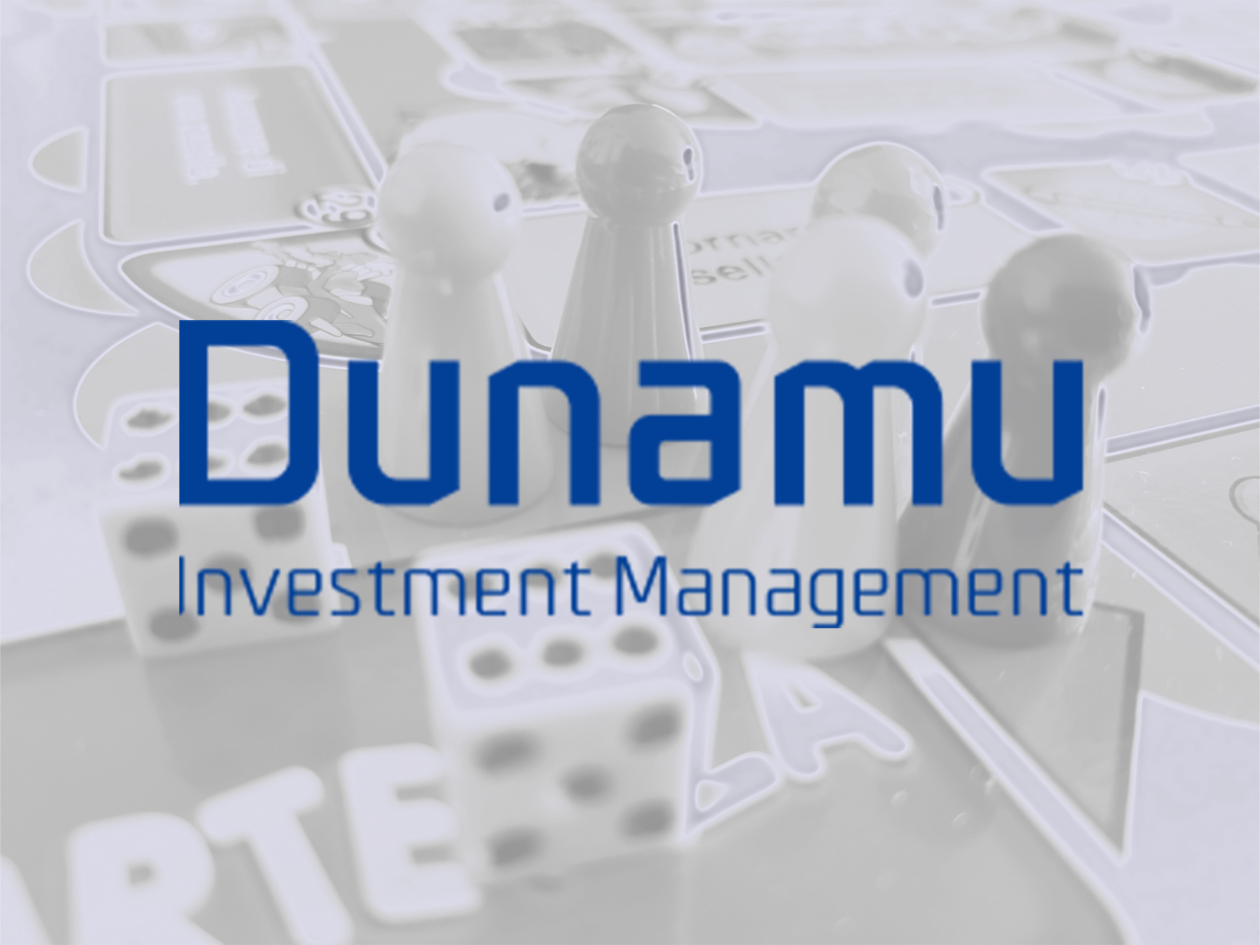The Korea Fair Trade Commission (KFTC) is reportedly planning to designate local crypto exchange Upbit owner Dunamu as an enterprise subject to limitations on mutual investment, which would add more regulations to the entity.
See related article: Two crypto exchanges reach unicorn status in South Korea
Fast facts
- A company with total assets over 10 trillion Korean won (about US$8.07 billion) is subject to limitations on mutual investment to prevent the concentration of economic power to major corporations, with additional regulations including restrictions on mutual investment, debt guarantees and voting rights in stocks of affiliated companies.
- As of 2021, Dunamu’s total assets amount to 10.15 trillion won (US$8.19 billion) according to its business report uploaded on Financial Supervisory Service’s Data Analysis, Retrieval and Transfer System (DART) — the previous year it scored 1.38 trillion won.
- Dunamu may also be obligated to disclose inside information under the Monopoly Regulation and Fair Trade Act, which binds companies with over 5 trillion won (about US$4 billion) in assets.
- Dunamu reportedly insists that since it is a financial business, customer assets should be excluded when counting total assets. However, the KFTC cannot exclude customer assets in calculating total assets as South Korea does not classify blockchain-based crypto asset companies and services as financial businesses.
- Koh Seung-beom, chairman of South Korea’s Financial Services Commission, vowed to scrutinize Upbit’s monopolistic status in the local cryptocurrency market at last year’s parliamentary inspection of the administration.
- Dunamu’s Upbit exchange had about 78% market share among South Korean exchanges in trade volume the last 24 hours according to CoinMarketCap — the KFTC says it is a monopoly when a market leader has a share of over 50%.
See related article: Upbit becomes South Korea’s first newly registered crypto exchange





